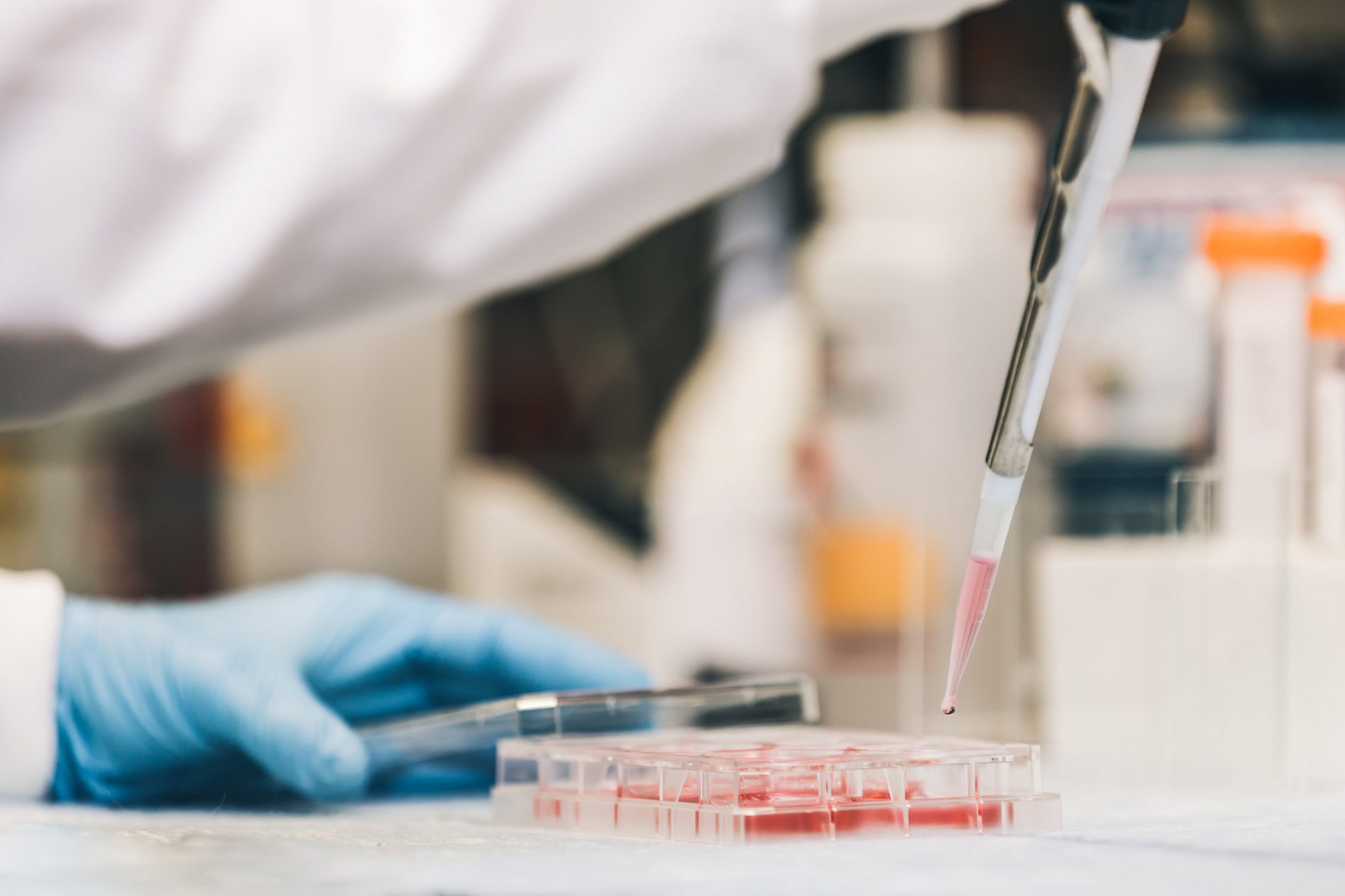Researchers have discovered a link between gut bacteria and the immune response to liver tumors. The study, published in May in the magazine Science by researchers at the Center for Cancer Research in the United States, showed that gut bacteria affect the liver’s anti-tumor immune function. The discovery has implications for understanding the mechanisms that lead to liver cancer and for future therapeutic targets.
“We found, using different tumor models, that if you treat a mouse with antibiotics and remove different types of bacteria, you can change the composition of immune cells in the liver, which controls tumor growth,” says Tim Greten, one of the authors. “This is an important example of how we can learn from basic research to treat different types of cancer.”
The microbiome is a collection of bacteria and other microorganisms that live inside and outside the body. In humans, the largest proportion of microorganisms in the body is found in the gut. Despite extensive research into the relationship between gut bacteria and cancer, the role of bacteria in tumor formation is not well understood.
To investigate how gut bacteria affect the development of liver tumors, Dr. Greten and his team conducted a series of experiments on mice. They observed that after treatment with a “cocktail” of antibiotics, the mice developed fewer liver tumors and reduced metastases.
The researchers then studied immune cells in the liver to understand how removing certain gut bacteria stops the growth of liver tumors in mice treated with antibiotics. This antibiotic treatment increases the number of T cells called Natural Killers in the liver.
Further experiments demonstrated that tumor reduction as a result of removing certain bacteria through antibiotic treatment is also dependent on these Natural Killer T cells of the immune system.
They eventually discovered that there are bacteria like Clostridium scindens that induce the accumulation of NKT cells in the liver, which causes tumor growth.
Dr. Greten explained that this study is significant because while most studies have shown that there is a relationship between intestinal bacteria and the immune response, this one identified the complete mechanism by which bacteria influence the immune response in the liver.







